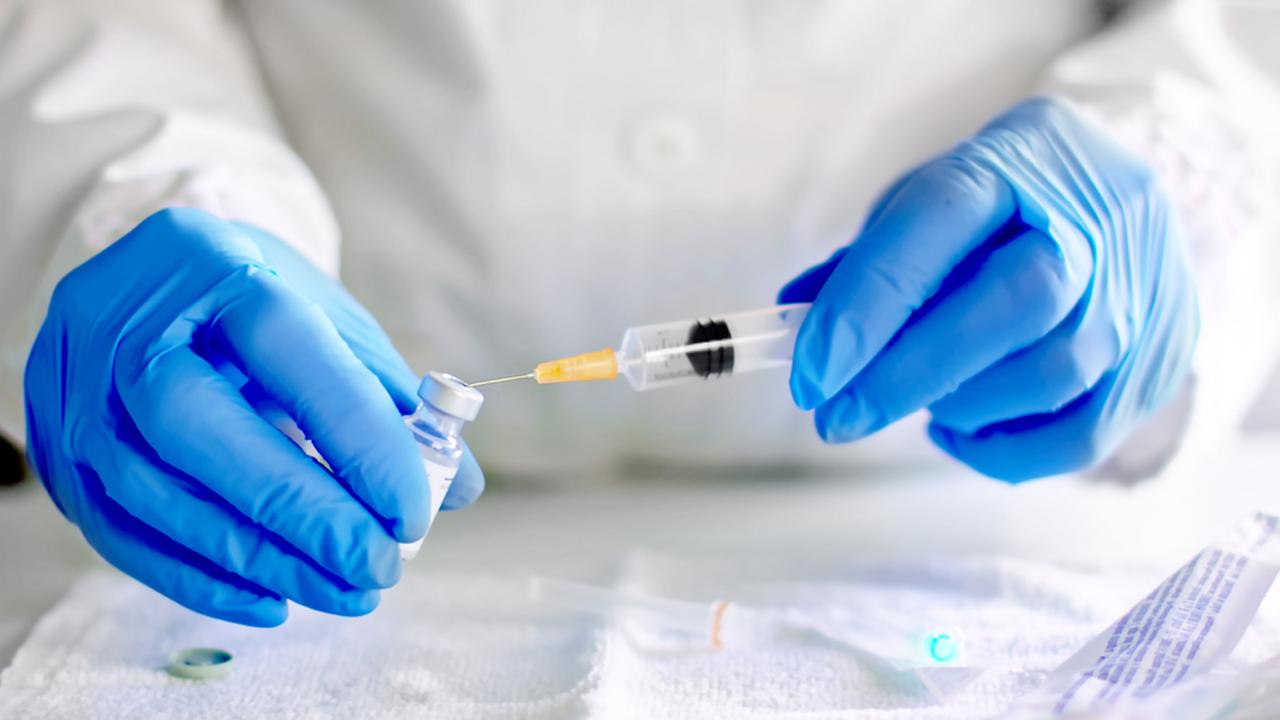Pfizer may apply for emergency use of COVID-19 vaccine by late November
Application with FDA would come if trial data, due this month, is positive
Pfizer Inc. said it could be ready to apply for emergency-use authorization of its COVID-19 vaccine by late November, assuming it receives positive efficacy and safety data from late-stage human trials, the first time it or any other leading Western vaccine developer provided such a specific timeline.
The drug giant, which is developing its vaccine candidate with German partner BioNTech SE, said it continues to expect to have data on the vaccine's effectiveness -- whether it protects at least a majority of vaccinated people from the disease -- later this month. It then expects to have data on the drug's safety by the third week of November.
PFIZER, BIONTECH BEGIN CORONAVIRUS VACCINE TRIALS IN KIDS, PUBLISH EARLY-STAGE DATA
Assuming positive results with both sets of data, Pfizer said it then plans to file for emergency-use authorization for the vaccine in the U.S. from the Food and Drug Administration soon after receiving the safety data. It didn't disclose timing for similar applications anywhere else in the world.
| Ticker | Security | Last | Change | Change % |
|---|---|---|---|---|
| PFE | PFIZER INC. | 27.05 | -0.17 | -0.62% |
A third set of data -- to ensure the drug can be manufactured on a large scale at the right quality and consistency -- will be ready for submission before Pfizer expects to receive the safety data.
Pfizer said it laid out the timeline in an effort to clear up any confusion about the complex process. "To ensure public trust and clear up a great deal of confusion, I believe it is essential for the public to understand our estimated timelines," Pfizer Chief Executive Albert Bourla said in an open letter released early Friday.
PFIZER CEO SAYS CORONAVIRUS VACCINE COULD BE DISTRIBUTED TO AMERICANS BEFORE YEAR'S END
Pfizer has long given a late October timeline for having enough data to establish whether the vaccine is effective, raising the likelihood of an emergency use authorization shortly after that -- and possibly even before the presidential election. President Trump said last month, in a debate with former Vice President Joe Biden, that a vaccine was weeks away. Pfizer's new timeline puts a pre-election approval for its candidate definitively out of reach.
Other Western vaccine development programs, including one by the University of Oxford and AstraZeneca PLC and another by Moderna Inc., are in late-stage human trials, too. Trials of the Oxford vaccine were halted in the U.K. and U.S. after a trial subject in Britain fell ill. They were resumed in the U.K., but the FDA hasn't yet authorized them to resume in the U.S.
PFIZER COVID-19 VACCINE’S DEVELOPMENT WON’T BE AFFECTED BY POLITICS: CEO
As the West largely waits out the data from these human trials, China and Russia have rolled out their own vaccines and authorized their limited use for some parts of their populations and beyond.
While the timeline laid out by Pfizer on Friday is limited to its application for U.S. emergency-use authorization, Europe's top regulator could act quickly on similar data submissions from Pfizer and partner BioNTech. BioNTech said Friday a European application for emergency use would quickly follow one made to the FDA.
Such data would be immediately reviewed by the European Medicines Agency, a senior EMA official said. The EMA, which regulates drugs across the European Union, could then issue what it calls a conditional marketing authorization, similar to emergency-use authorization in the U.S.
Pfizer and BioNTech have been racing to increase production of its vaccine candidate to meet the world's needs, assuming the shot wins a regulatory green light. The two have committed to supplying over 450 million doses this year and next year, contingent on late-stage trials showing the vaccine to be safe and effective, and governments giving the go-ahead for its use.
The U.S. government placed an initial order of 100 million doses, with the option to purchase 500 million additional doses. The EU ordered 200 million doses with an option for another 100 million. The government of Japan ordered 120 million doses and Britain ordered 30 million. All orders are subject to regulatory approval, and only the price of the U.S. deal -- $1.95 billion -- has been disclosed so far.
BioNTech and Pfizer previously set a target to produce up to 100 million vaccines globally by the end of this year. That initial batch would only be enough for 50 million people, though, because the vaccine, known as BNT162, consists of two shots, a so-called prime vaccination and a booster. The two companies haven't disclosed how many doses they have already made.




















